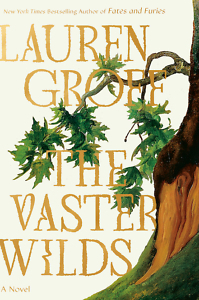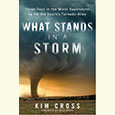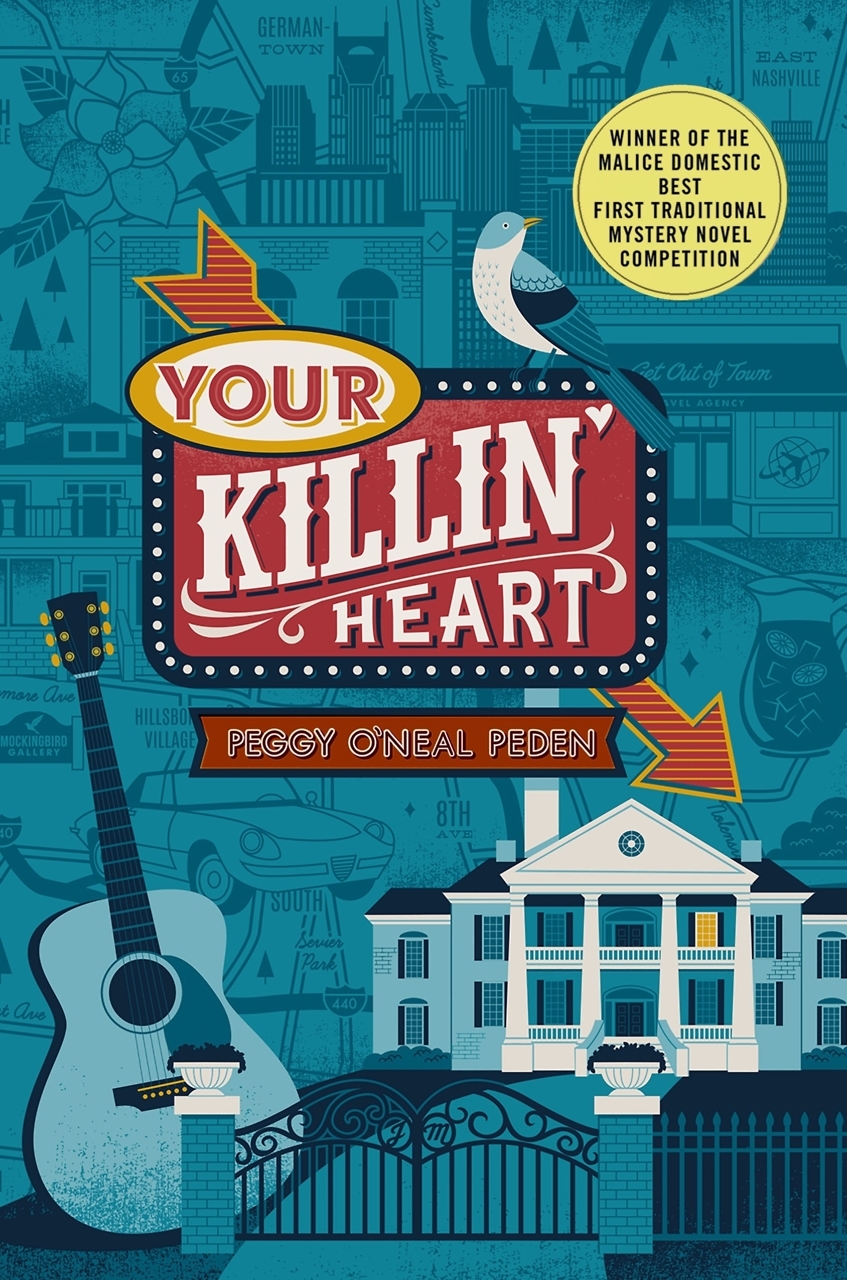Growing Wilder by the Day
Lauren Groff’s The Vaster Wilds is a tale of horror and beauty
In her breathtaking seventh book, The Vaster Wilds, Lauren Groff tells the story of a young servant girl, “slight, both bony and childish small,” on the run. Famine has “stripped her down yet starker, to root and string and fiber and sinew.” It is the early 17th century, and the girl has fled from colonial Jamestown, a place stinking of death and disease and starvation:

For all the souls who had come over to this country were now at the end of this winter of horror starved, and many of the very stoutest had hungered and shat and coughed themselves into the final kingdom of death, and even the most vicious of the men who had come across the ocean had weakened and become strangely indolent, lying on their cots all day and staring blankly at the gray and ice-pissing, ice-shitting skies.
At first the girl, though weakened, feels strong — she is warm and sturdy in her boots and cloak, sure in her solitude. A soldier, sent to capture her, meets his death; she evades him and lives on. She carries with her, tied around her waist, only a small sackful of objects: two coverlets and a pewter cup, a hatchet, a knife, and flint. Having lost everything but her own fierce determination to live and mourning deeply a small child who had been in her care, she now imagines herself a nothing, “a thing with no past.” But as she reflects, “It was also true that with no past … a nothing could be free.”
Groff illustrates the girl’s journey — away from “the horrors of the fort and toward the different horrors of the forest” — in crackling, visceral prose that borrows the cadence and syntax of Elizabethan language (in a letter to early readers, she notes that this book finds her reveling in “sheer crunchy iambic delight”). While she has always displayed deep mastery of the musicality of language, her aesthetic project here boldly distinguishes this book from her previous works. It is impossible to overstate how spellbindingly she renders the grim reality of wilderness survival. Infestation of lice, diarrhea, vomiting, a terrible head wound, fever, and the slow anguish of hunger: this list does scant justice to Groff’s portrayal of bodily suffering as her girl fights to stay alive. Nature is both friend and foe, and in its clutches she is desperately alone and growing wilder by the day. “She ate the fish’s sweet cheeks; she ate its brain. The eyes that stared at her, appalled, she ate last.”
 At one point, the girl encounters a “matted beast-man” — once a colonizer, now gone feral, mad. He barely recognizes her as human or woman; she is a thing to be destroyed. He very nearly succeeds. When, at one point, the girl loses a piece of driftwood that she has clung to as a walking stick and companion of sorts, we mourn with her. In her blazing desire to be free, she finds the limits of human solitude.
At one point, the girl encounters a “matted beast-man” — once a colonizer, now gone feral, mad. He barely recognizes her as human or woman; she is a thing to be destroyed. He very nearly succeeds. When, at one point, the girl loses a piece of driftwood that she has clung to as a walking stick and companion of sorts, we mourn with her. In her blazing desire to be free, she finds the limits of human solitude.
The relentless physicality of this book challenges its readers to stay with the girl — holding her close, breathing her breath through the misery of survival beyond our most gruesome imagination. And in gripping our shoulders and shaking us so, it speaks urgently about the crisis of our own time.
On one level, the book is a fable. At the terrible mercy of the natural world — the surrounding resources upon which her life depends — the girl becomes every girl. “For what woman has not, walking in the dark of the street or along a path deep in the countryside, sensed the brutal imaginings of a man watching her from his hidden place, and felt the same chills chasing over her skin, and quickened her steps to get away,” Groff writes. At times I was reminded of the girl in her story “Above and Below,” from Florida, who, in a desperate moment, chooses to leave society: “She would be empty now, having chosen to lose.”
And there are other ways the novel pulses with Groff’s abiding concerns. It reminds us that the relationship our European forebears forged with this land was bent on dominance and destruction and, in being so bent, destined to end in ruin. It grapples with patriarchy and faith. These concerns are, of course, as intertwined as any mycelial networks that teem beneath our Earth’s surface. In 2020, in an essay for Greenpeace, Groff wrote:
Our disintegrating climate, our rising seas choked with plastic, our dying trees, our extinct animals, can all be directly traced to a profound and devastating misreading of [the Bible]. For dominion, men these past few thousand years have not read good custodianship, caregiving, a maternal nursing of the gifts we have been given: they have read domination. The whelp of domination is that nasty biting creature, supremacy. Where supremacy exists, there is always suppression. Where suppression exists, there is destruction.
The Vaster Wilds whittles Groff’s objections and passions to the sharpest spear of story. It is not a story for the faint of heart, but it is also not without its softness, its triumphs, its aching moments of benediction and sheer beauty.

Susannah Felts is a writer based in Nashville. She is a columnist for BookPage, and her writing has appeared in The Best American Science and Nature Writing, Joyland, Oxford American, Guernica, Literary Hub, and elsewhere.


